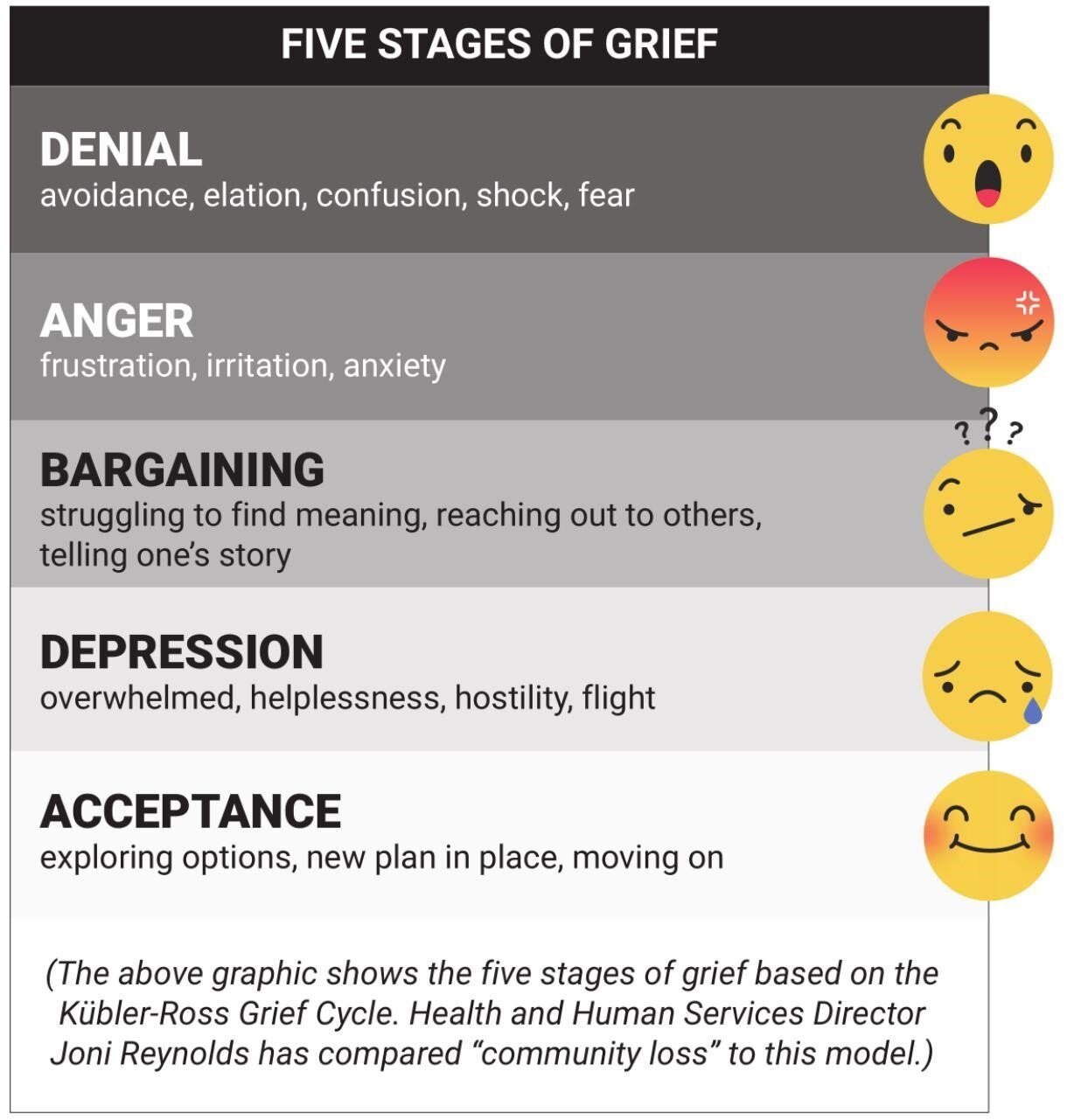We’ve had a great few weeks of delivering webinars focusing on how to find the positives and opportunities to thrive during these times of social isolation. Throughout all the discussions we’ve had a few positives seem to be recurring themes:
people are exercising more
people are sleeping longer
people are feeling more connected to their immediate neighbours and communities
people are learning more
many people are enjoying the time at home without the commute to work
people are feeling more grounded (probably the result of the baking & gardening taking place)
people are feeling gratitude
Despite individual situations and concerns, these positives are having a direct impact on people’s physical and mental health. Yes, there are frustrations, fears and anxieties - but the leveling playing field seems to be the knowledge that everyone is in this together and no one has been singled out. The current situation is affecting everyone - globally - and this seems to give it a sense of normalcy that helps to reduce escalating anxiety.
I have been supporting a group over the past 8 weeks that has been focused on addressing anxiety and depression with a toolkit of physical activity, mental health and nutrition advice. It has been remarkable to witness the journey that many of the participants have traveled and seen the power that group support and accountability has. A journey I would highly recommend: Recognise, Reset & Rebuild https://www.facebook.com/groups/rrr2020/
This sentiment of ‘we can do this together’ is so fantastically summed up in this saying posted by the COVID-19 response team in Belfast. This was a campaign launched to get people to see that the stay-at-home decree was not the end of the world - but in fact the ‘greatest act of love’ the world has ever seen.
From our point of view - we all need each other even more than ever. We need the human connection, the feeling of community and the tools to manage our mental health and to support those around us.
We’ve just heard that Mental Health First Aid Courses will now be possible to deliver online - so we’ll be offering training from the end of the month for those who want to continue their areas of growth into accreditation as a Mental Health First Aider.
Keep safe!




















